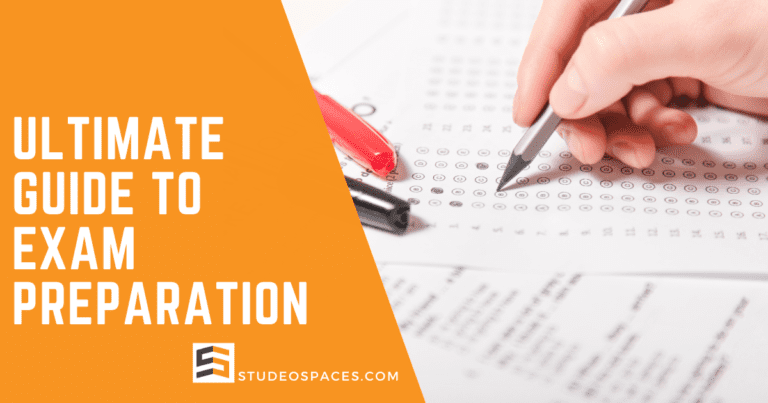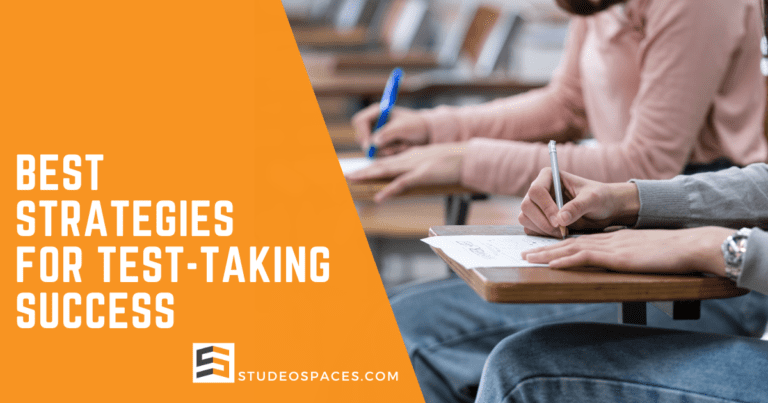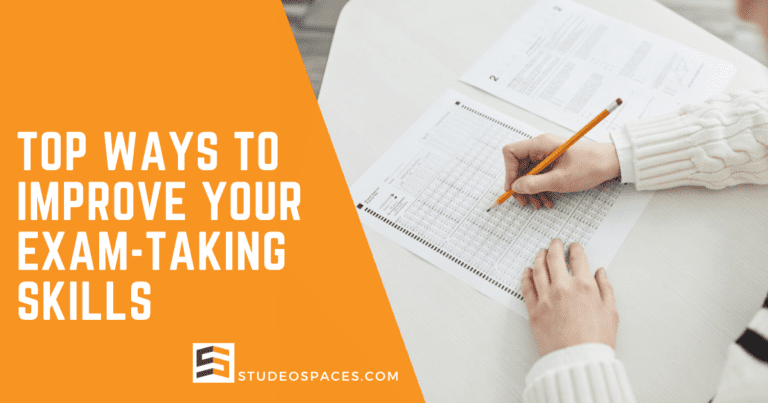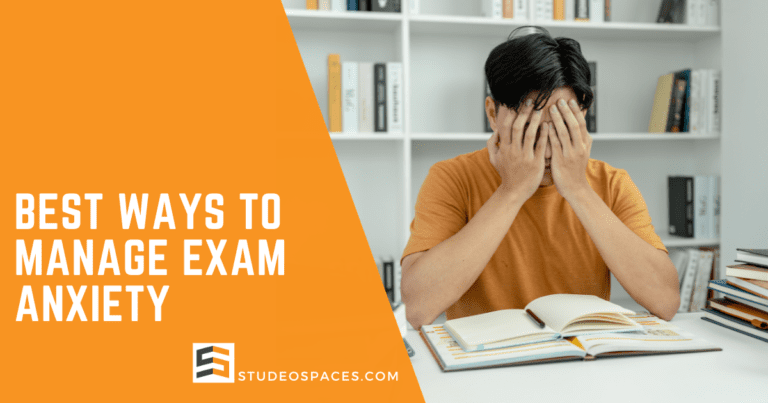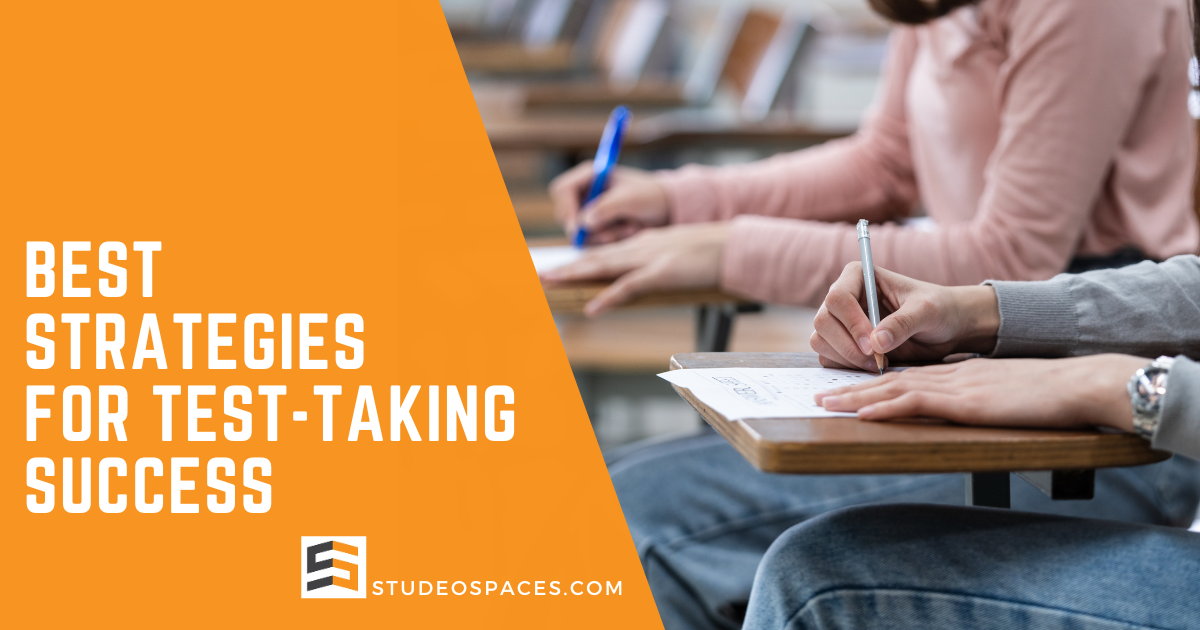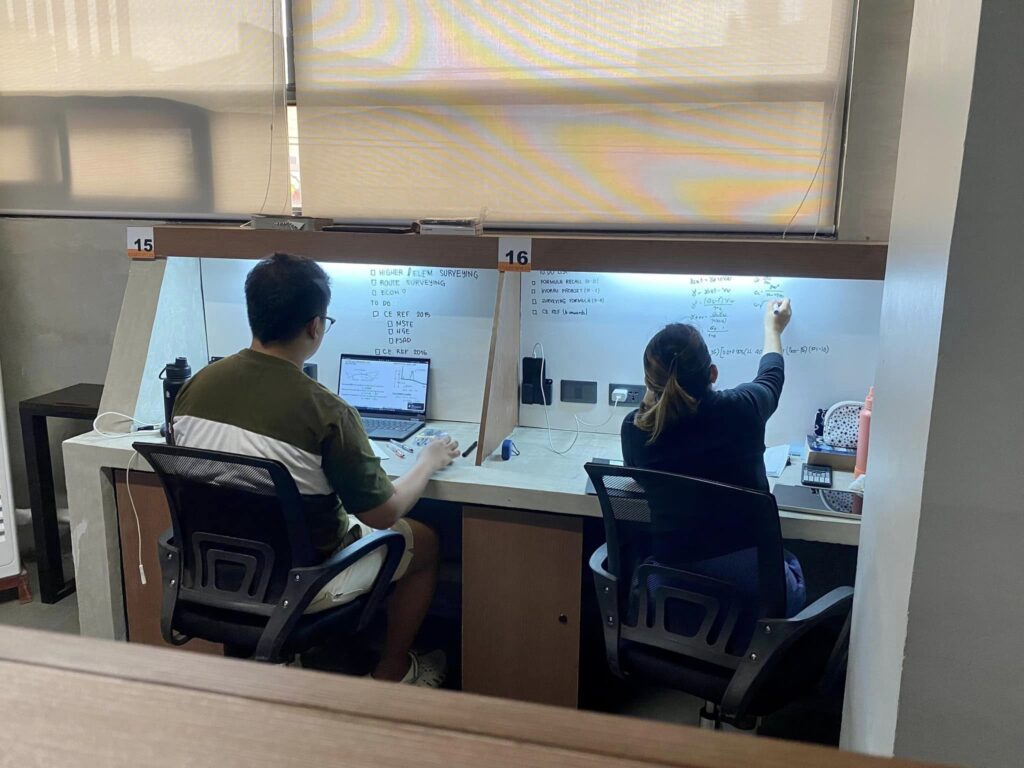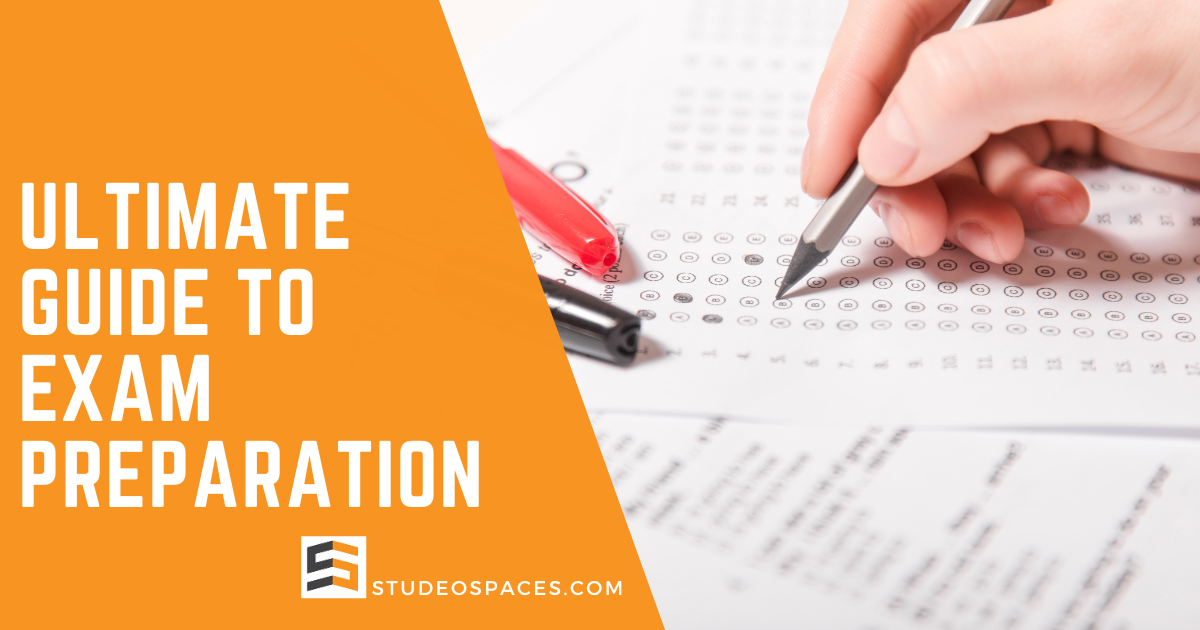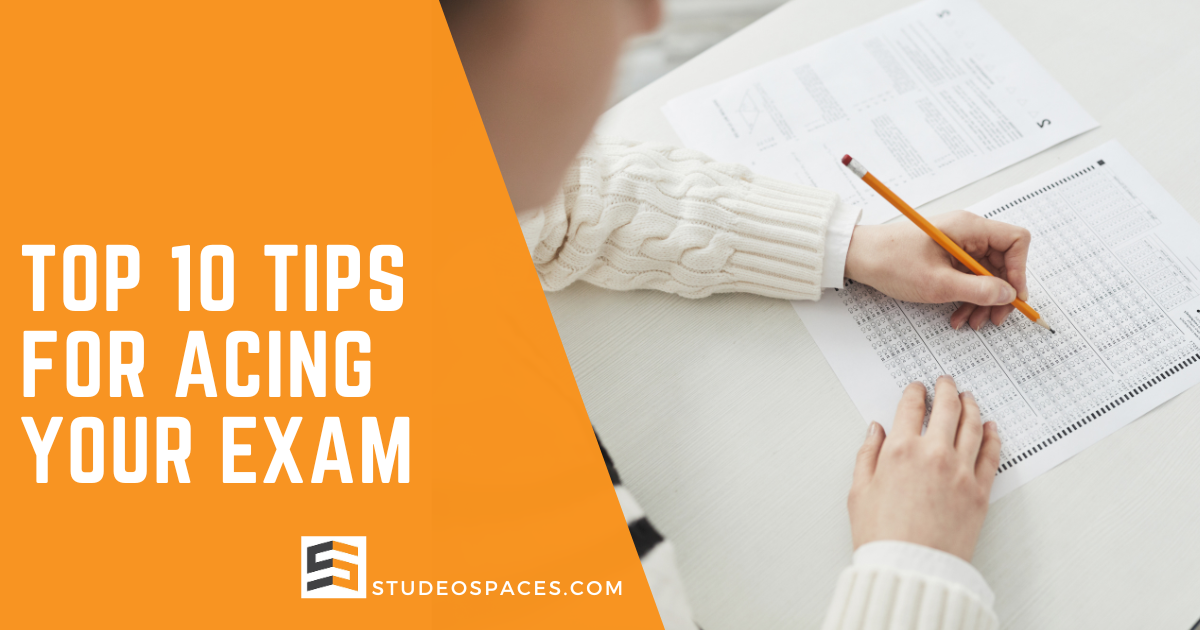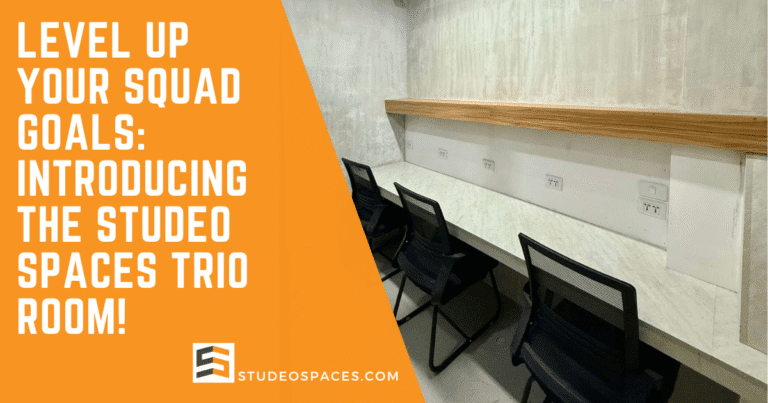
Taking exams can be daunting, but with the right strategies, anyone can improve their performance and approach test day confidently. Have you ever wondered how some people seem to ace their exams effortlessly while others struggle despite putting in numerous study hours? Exam-taking skills are not just about how much you’ve studied but also how effectively you’ve prepared. Strong exam-taking skills can significantly enhance your academic performance and alleviate much of the stress of exams.
Understanding Exam-Taking Skills
The Importance of Preparation
Preparation is the foundation of effective exam-taking. If you are well-prepared, you’re more likely to feel confident and less anxious during the exam. This doesn’t just mean studying hard; it means studying smart. Preparation involves understanding the material, practicing past exams, and knowing what to expect on the exam day.
Key Components of Effective Exam Preparation
- Time Management: Allocate enough time for each topic and avoid last-minute cramming.
- Organization: Keep your study materials organized for quick reference.
- Practice: Solve past exam papers and sample questions.
- Understanding the Format: Know the structure of the exam and the types of questions that will be asked.
Techniques to Improve Your Exam-Taking Skills
Active Learning Strategies
Active learning involves engaging with the material actively rather than passively reading or listening. Techniques include summarizing information in your own words, teaching the material to someone else, and using flashcards.
Effective Note-Taking
Good note-taking skills can significantly enhance your understanding and retention of the material. To make your notes more effective, use methods like the Cornell Note-Taking System, mind maps, and highlighting.
Time Management During Exams
It is crucial to manage your time effectively during the exam. Allocate time for each section based on its weightage and stick to it. If you’re stuck on a question, move on and return to it later.
Relaxation Techniques
Exams can be stressful, but relaxation techniques like deep breathing, visualization, and mindfulness can help calm your nerves. Being relaxed can improve focus and performance.
Additional Tips for Effective Studying
Setting Goals
Setting specific, measurable, achievable, relevant, and time-bound (SMART) goals can keep you motivated and on track. Break down your study schedule into manageable tasks and set deadlines for each.
Utilizing Study Groups
Study groups can help discuss difficult concepts, share notes, and test each other’s knowledge. However, ensure that the group remains focused and doesn’t become a social gathering.
Using Technological Tools
Numerous apps and software are designed to help with studying. Tools like digital flashcards, educational games, and even productivity timers can make study sessions more efficient and engaging.
Test-Taking Strategies
Reading Instructions Carefully
One of the common mistakes students make is not reading the instructions carefully. Take a few minutes to read through all the instructions to avoid unnecessary errors.
Answering Easy Questions First
Tackling the easier questions can build your confidence and ensure you secure those marks. Then, you can spend more time on the difficult questions.
Reviewing Your Answers
If time permits, always go back and review your answers. This can help you catch any mistakes and ensure you don’t miss any questions.
Dealing with Exam Anxiety
Identifying the Cause of Anxiety
Understanding what causes your anxiety can help you manage it better. Common causes include fear of failure, lack of preparation, and pressure to perform.
Techniques to Manage Anxiety
- Mindfulness and Meditation: Practice mindfulness and meditation to stay calm and focused.
- Healthy Lifestyle: Maintain a healthy lifestyle with regular exercise, a balanced diet, and adequate sleep.
- Professional Help: Don’t hesitate to seek professional help if your anxiety is overwhelming.
The Role of Regular Breaks
Importance of Breaks in Studying
Taking regular breaks can prevent burnout and keep your mind fresh. To incorporate breaks into your study sessions, use techniques like the Pomodoro Technique.

Activities During Breaks
Engage in activities that relax and refresh your mind, such as walking, listening to music, or practicing a hobby.
Healthy Habits for Successful Exam Preparation
Balanced Diet
A balanced diet can improve concentration and energy levels. It should include a variety of foods, such as fruits, vegetables, lean proteins, and whole grains.
Regular Exercise
Exercise can boost your mood and energy levels, making your study sessions more productive. Aim for at least 30 minutes of moderate exercise most days of the week.
Adequate Sleep
Lack of sleep can impair your cognitive functions and negatively affect your performance. Ensure you get at least 7-8 hours of sleep each night.
The Day Before the Exam
Last-Minute Review
A quick review of key concepts and formulas can refresh your memory. Avoid trying to learn new material at the last minute.
Relaxation
Engage in relaxing activities to stay calm. Avoid caffeine and heavy meals that might disturb your sleep.
Preparation for Exam Day
Prepare your exam materials, including pens, pencils, erasers, and ID. Plan to arrive at the exam venue well before time to avoid any last-minute stress.
Studeo Spaces Study Hub
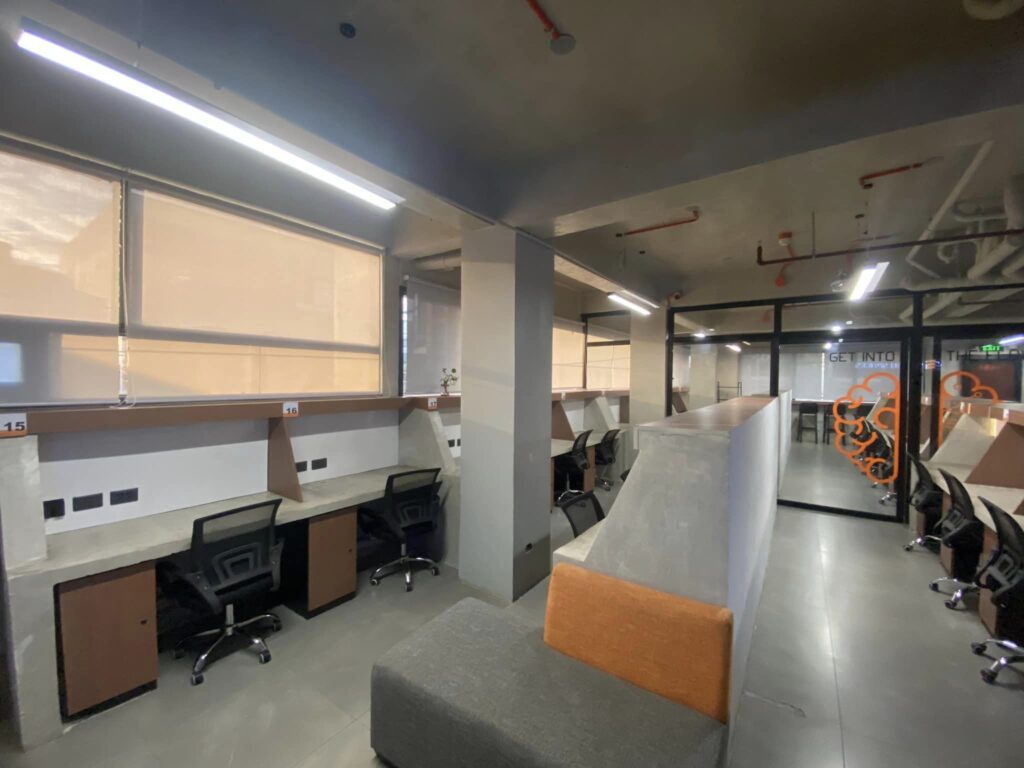
Choosing the right environment can significantly boost exam preparation, and that’s where Studeo Spaces Study Hub in Sampaloc stands out. At Studeo Spaces, individuals can immerse themselves in an atmosphere that fosters concentration and productivity, helping students and professionals achieve a peak flow state.
Open every day from 8:00 AM to 12:00 MN (extendable to 6:00 AM at the Glassbox NightShift for just an additional P100.00), and free from any private events or closures, Studeo Spaces ensures that your study time is uninterrupted and maximized. Managing stress, practicing under exam conditions, and utilizing resources such as Studeo Spaces Study Hub can dramatically improve your test-taking skills and overall performance.
Creating the Ideal Study Environment
At Studeo Spaces Study Hub, they believe in creating a space that fosters a state of hyper-productivity and concentration known as the “Flow State.” Located in Sampaloc, their premier destination is designed to help individuals unleash their focus and unlock their full potential.
The Mission of Studeo Spaces Study Hub
Their mission at Studeo Spaces Study Hub is to provide a supportive environment where students and professionals can escape distractions and elevate their studies or work. They understand the importance of creating a space that promotes peak performance and productivity.
Unique Features of Studeo Spaces Study Hub
Unlike traditional co-working spaces, Studeo Spaces Study Hub is meticulously designed to cater to those seeking an optimal atmosphere for studying or working. Their goal is to help individuals achieve their goals and reach a state of flow where they can immerse themselves fully in their tasks.
Features Table:
| Feature | Description |
|---|---|
| Location | Corner of Dapitan and Dela Fuente Streets, Sampaloc, Manila |
| Accessibility | Open every day from 8:00 AM to 12:00 MN (extendable to 6:00 AM at the Glassbox NightShift for just an additional P100.00) |
| Distraction-Free Environment | Designed to minimize distractions and enhance focus |
| No Private Events Policy | Never closes for private events |
Why Choose Studeo Spaces Study Hub?
Their tagline, “Get Into the Flow,” encapsulates their commitment to helping individuals achieve a state of hyper-focus and productivity. Whether preparing for exams or looking to enhance your professional performance, Studeo Spaces Study Hub provides the perfect environment for you to thrive.
Availability
Studeo Spaces Study Hub is open seven days a week, including weekends, holidays, and during inclement weather. They never close for private events, ensuring you have access whenever needed.
Conclusion
Improving your exam-taking skills involves a combination of effective preparation, time management, active learning, and relaxation techniques. Facilities like Studeo Spaces Study Hub can significantly enhance your study experience by providing a conducive environment for focus and productivity. Remember, the key to excelling in exams lies in how hard you study and how effectively you prepare and manage your time. Incorporating these strategies into your routine can boost your confidence and perform better in your exams.
Please check out the Studeo Spaces Study Hub Official Website and follow the Studeo Spaces Study Hub Facebook Page and Studeo Spaces Study Hub TikTok Channel for announcements, news, and updates.
Other Exams Preparation Articles
Studeo Spaces Quick Links
- Book a Desk / Room
- Location
- Rates
- Features and Amenities
- Business Hours
- Private Rooms
- Latest News
Stay Connected
- Facebook: https://www.facebook.com/StudeoSpaces
- Tiktok: https://www.tiktok.com/@studeospaces
- Youtube: https://www.youtube.com/@StudeoSpaces
